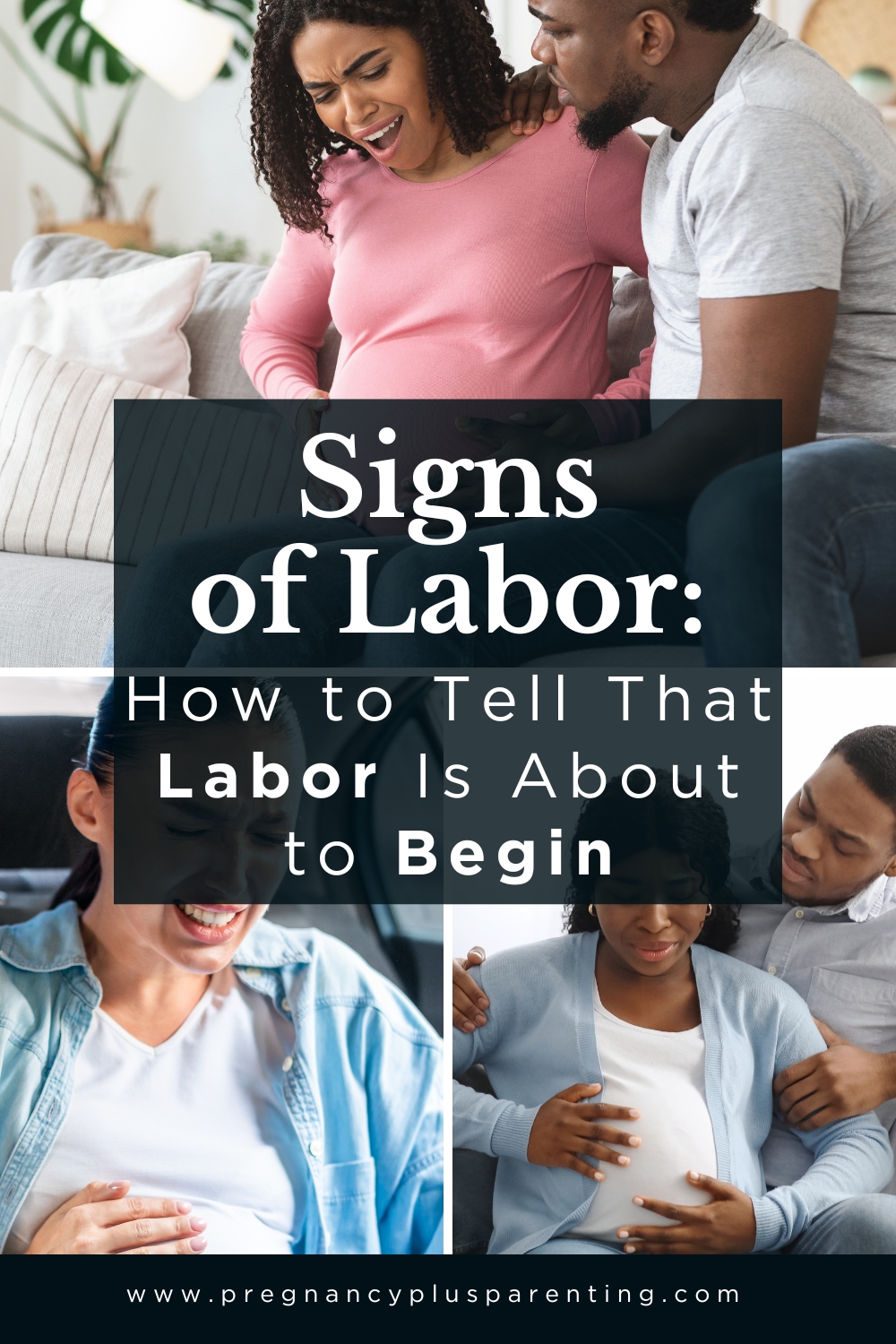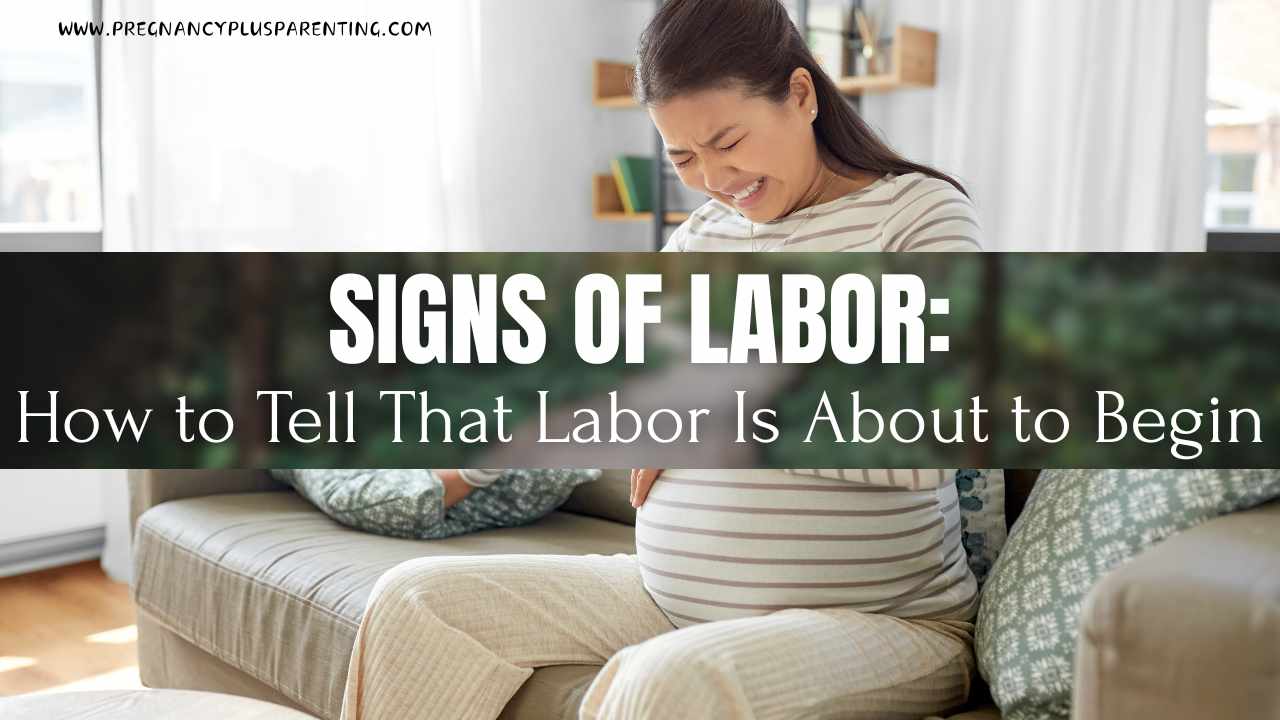Signs of Labor: How to Tell That Labor Is About to Begin
The final weeks of pregnancy are filled with anticipation and questions. One of the biggest questions every expectant mother asks is: “How will I know when labor is starting?” While every woman’s body is unique, there are certain physical and emotional signs that often indicate labor is approaching. Recognizing these signals can help you prepare mentally, emotionally, and practically for your baby’s arrival.
1. The Baby “Drops” (Lightening)
One of the earliest signs that labor may be near is when your baby settles deeper into your pelvis, also known as “lightening.”
-
You may feel like you can breathe more easily since your lungs have more space.
-
However, you may also feel increased pressure on your bladder, meaning more frequent trips to the bathroom.
-
Some women notice this weeks before labor, while for others, it happens just days—or even hours—before contractions begin.
2. Increase in Braxton Hicks Contractions
Braxton Hicks contractions—often called “practice contractions”—can become stronger and more frequent as labor approaches.
-
They usually feel like a tightening or hardening of the belly.
-
Unlike true labor contractions, they don’t follow a consistent pattern and often stop with rest or hydration.
-
If these contractions begin to form a regular rhythm and intensify, it may be a sign that true labor is starting.
3. Changes in Vaginal Discharge
As your body prepares for delivery, you may notice changes in vaginal discharge.
-
Losing the mucus plug: This is a thick plug of mucus that seals your cervix during pregnancy. Losing it can appear as a stringy or jelly-like discharge.
-
Bloody show: A pink, red, or brown-tinged discharge may appear as small blood vessels in your cervix break during dilation. This often signals labor could begin within hours or days.
4. Nesting Instinct
In the days or weeks before labor, many women experience a burst of energy known as the nesting instinct.
-
You may feel an overwhelming urge to clean, organize, or prepare your baby’s space.
-
While it can be productive, remember to balance activity with rest, as your body will need energy for labor.
5. Back Pain and Pelvic Pressure
As the baby moves down, pressure builds in your lower back and pelvis.
-
Many women report dull, persistent backaches or pain that radiates into the hips and thighs.
-
This discomfort may increase as contractions get closer.
6. Diarrhea or Upset Stomach
Your body often clears itself out before labor. Hormonal changes can cause loose bowel movements or mild nausea in the days leading up to delivery.
-
While inconvenient, this is a natural way for your body to prepare space for the baby’s passage.
-
Stay hydrated, and eat light, nourishing meals.
7. Water Breaking
One of the most well-known signs of labor is when the amniotic sac ruptures (your “water breaks”).
-
It may feel like a sudden gush of fluid or a slow, continuous trickle.
-
For some women, labor begins right after their water breaks; for others, contractions may take time to start.
-
If your water breaks, call your healthcare provider immediately, as delivery often needs to follow soon after to prevent infection.
8. Regular and Strong Contractions
The hallmark sign of labor is regular contractions that grow stronger, longer, and closer together.
-
True contractions usually:
-
Start in the lower back and move toward the front.
-
Occur at regular intervals (e.g., every 5–10 minutes).
-
Become more intense over time.
-
-
Unlike Braxton Hicks, true labor contractions don’t go away with rest or hydration.
9. Cervical Dilation and Effacement
During your prenatal checkups, your doctor or midwife may check whether your cervix is dilating (opening) and effacing (thinning).
-
These changes indicate your body is preparing for delivery.
-
However, dilation can progress slowly over days or weeks before active labor begins.
10. Emotional Shifts
Labor isn’t only physical—it’s emotional too. Many women report feeling:
-
A sudden sense of calm or focus before labor starts.
-
Heightened emotions such as irritability, restlessness, or even bursts of tears.
-
An intuitive sense that “it’s time.”
When to Call Your Doctor or Midwife
Not every sign means labor is starting immediately, but you should contact your healthcare provider if you experience:
-
Contractions every 5 minutes lasting 1 minute each for at least 1 hour (the 5-1-1 rule).
-
Your water breaks, especially if the fluid is greenish or foul-smelling.
-
Heavy vaginal bleeding.
-
Decreased fetal movement.
-
Severe headache, vision changes, or sudden swelling (possible signs of complications).
Final Thoughts
Every pregnancy and every labor is unique. Some women experience nearly all of these signs before labor, while others notice only a few. The key is to listen to your body, trust your instincts, and stay in close contact with your healthcare provider.
Remember: labor is not a sudden event but a process. Your body has been preparing for months, and these signs are simply signals that your baby will soon be in your arms.







